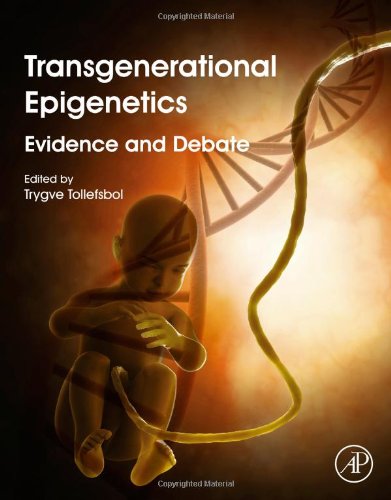

Most ebook files are in PDF format, so you can easily read them using various software such as Foxit Reader or directly on the Google Chrome browser.
Some ebook files are released by publishers in other formats such as .awz, .mobi, .epub, .fb2, etc. You may need to install specific software to read these formats on mobile/PC, such as Calibre.
Please read the tutorial at this link: https://ebookbell.com/faq
We offer FREE conversion to the popular formats you request; however, this may take some time. Therefore, right after payment, please email us, and we will try to provide the service as quickly as possible.
For some exceptional file formats or broken links (if any), please refrain from opening any disputes. Instead, email us first, and we will try to assist within a maximum of 6 hours.
EbookBell Team

4.4
42 reviewsTransgenerational Epigenetics provides a comprehensive analysis of the inheritance of epigenetic phenomena between generations. Recent research points to the existence of biological phenomena that are controlled not through gene mutations, but rather through reversible and heritable epigenetic processes.
Epidemiological studies have suggested that environmental factors may be heritable. In fact, environmental factors often play a role in transgenerational epigenetics, which may have selective or adverse effects on the offspring. This epigenetic information can be transferred through a number of mechanisms including DNA methylation, histone modifications or RNA and the effects can persist for multiple generations.
This book examines the evolution of epigenetic inheritance, its expression in animal and plant models, and how human diseases, such as metabolic disorders and cardiovascular diseases, appear to be affected by transgenerational epigenetic inheritance. It discusses clinical interventions in transgenerational epigenetic inheritance that may be on the horizon to help prevent diseases before the offspring are born, or to reduce the severity of diseases at the very earliest stages of development in utero, and current controversies in this area of study, as well as future directions for research.